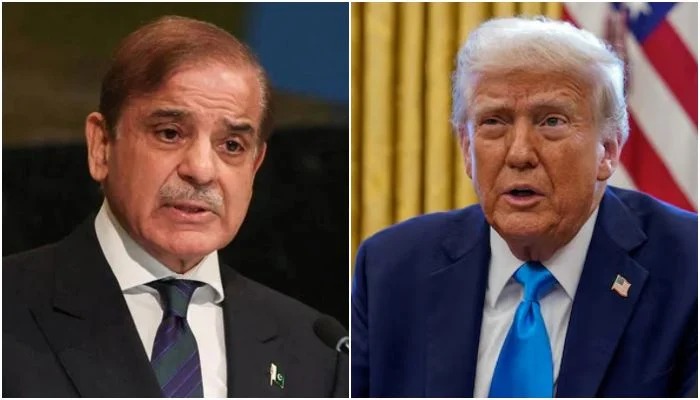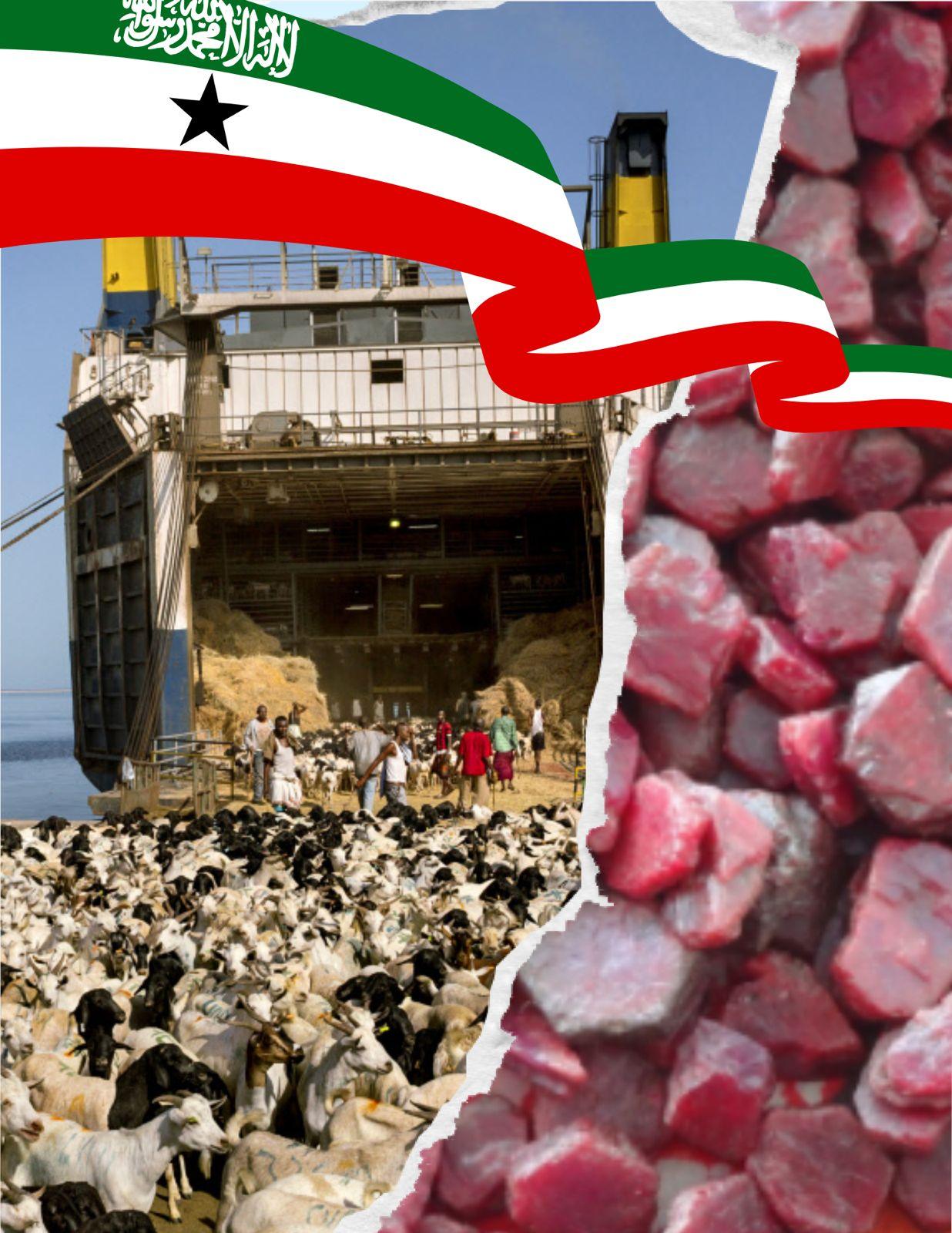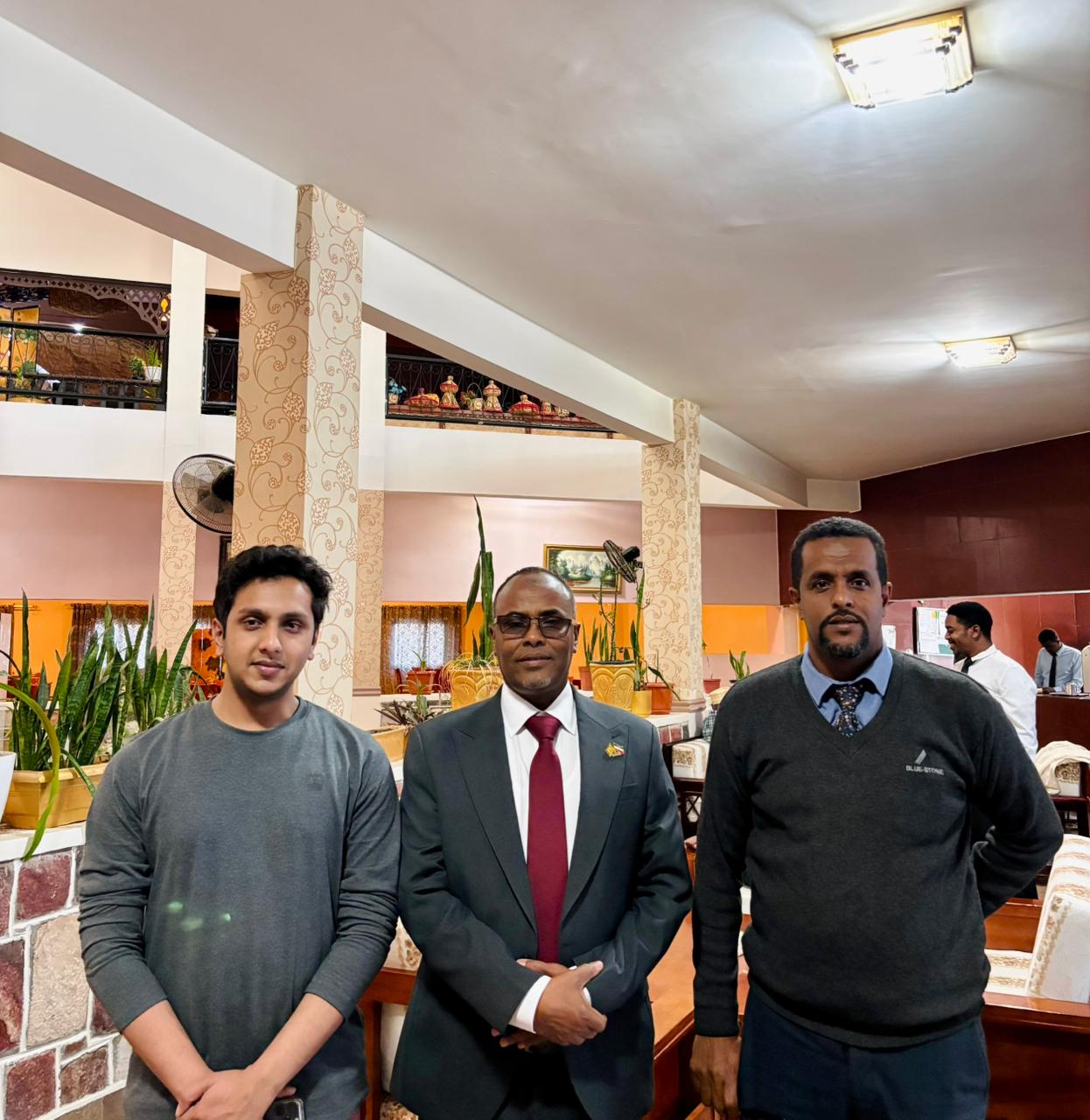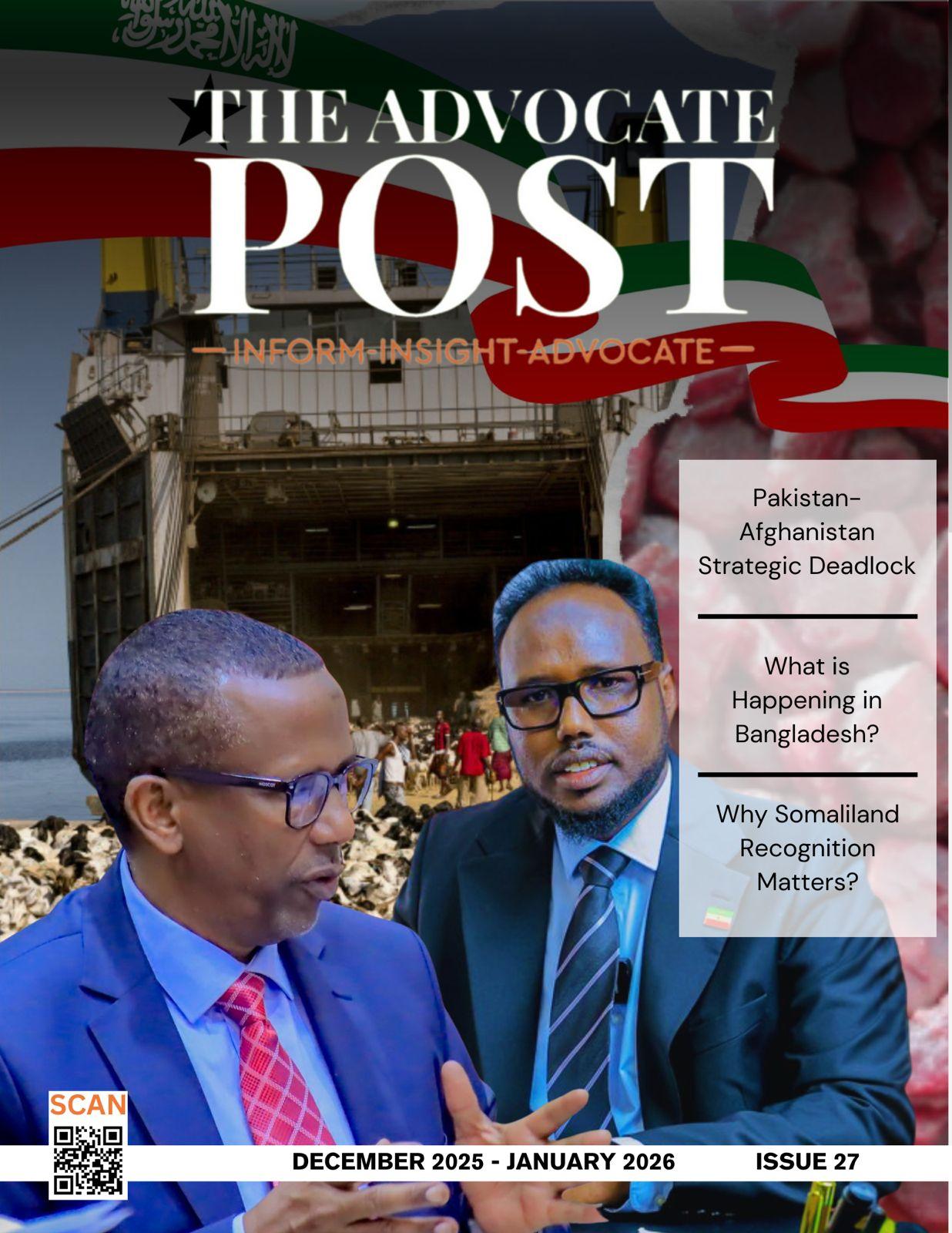News Desk: U.S. President Donald Trump is set to host Pakistani Prime Minister Shehbaz Sharif at the White House on Thursday, marking a significant step in the warming relationship between the two countries, a senior U.S. administration official confirmed to Reuters on Wednesday.
The meeting, scheduled on the sidelines of the 80th United Nations General Assembly in New York, comes just weeks after Washington and Islamabad finalized a new trade agreement that imposes a 19% tariff rate on select Pakistani exports to the United States. The deal reflects a shift in U.S. foreign policy priorities in South Asia under Trump’s leadership, moving toward greater engagement with Pakistan amid strained ties with its regional rival, India.
Pivot in South Asia Strategy
For years, the U.S. had leaned heavily on India as a strategic counterweight to China’s growing influence in Asia. However, tensions between Washington and New Delhi have escalated during Trump’s current term, driven by disputes over trade tariffs, immigration policies, and Trump’s controversial claim of brokering a ceasefire between India and Pakistan in May.
In contrast, U.S.-Pakistan relations have grown closer, with increased military and diplomatic engagement. Earlier this year, President Trump hosted Pakistan’s powerful army chief, Field Marshal Asim Munir, at the White House—a rare move that underscored the military’s dominant role in Pakistan’s governance. The meeting occurred without the presence of senior civilian officials, signaling Washington’s recognition of Munir’s influence in shaping Islamabad’s policies.
Regional Diplomacy and Gaza Conflict
Prime Minister Sharif also attended a high-level meeting this week led by President Trump with leaders from Muslim-majority countries. The closed-door discussions reportedly focused on the ongoing Israeli military operations in Gaza. While Pakistan condemned the actions of U.S. ally Israel, it has nevertheless supported Trump’s nomination for the Nobel Peace Prize, citing his efforts to ease hostilities in South Asia.
According to U.S. officials, peace proposals were presented during the meeting, aimed at de-escalating the Israel-Gaza conflict. No further details have been released publicly.
Broader Implications
Analysts suggest that the rekindling of U.S.-Pakistan ties may have implications for broader regional dynamics, especially as India recalibrates its foreign policy. Following repeated diplomatic friction with Washington, New Delhi has reportedly explored closer cooperation with Beijing as a strategic hedge.
The upcoming Trump-Sharif summit is expected to address a range of bilateral issues including trade, regional security, counterterrorism, and Pakistan’s evolving stance on Middle East conflicts. The meeting may also serve as a platform for Trump to further cement his role as a diplomatic broker in South Asia ahead of the U.S. presidential election year.






This Post Has One Comment
Very interesting subject , appreciate it for putting up.